Massacre lost from pages of history
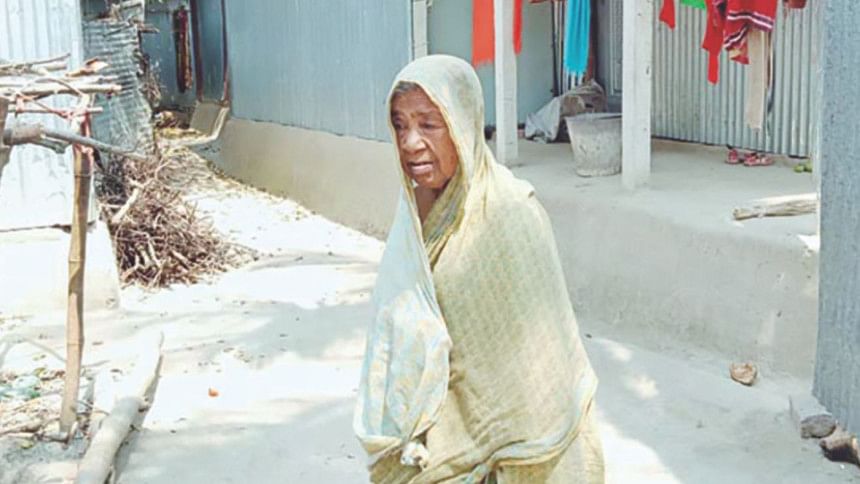
It was during breakfast time when Nasiman Bewa, a resident of Dogachhi village in Pabna sadar upazila, heard the sound of gunfire invading the usual tranquillity in the air.
The year was 1971 and gunshots meant only one thing. Nasiman began to run for safety.
“I, along with others, started running before a bullet pierced my back. I survived but my neighbour Urmila died in front of me,” recalled the 80-year-old.
Forty-eight years after independence, Nasiman still carries her wound although her husband succumbed to the ravages of the war in 2001.
And though wounds have found a way to heal, the residents of Dogacchi have never forgotten that tragic day, even though the rest of the country is yet to recognise it.
Over 50 innocent villagers were martyred and several hundred injured during the onslaught.
Almost the entire village was razed in an attempt to take revenge on the villagers who had sheltered freedom fighters at one time.
“The villagers' only fault was that they had given shelter and food to freedom fighters during the liberation war. Local collaborators of the Pakistan army passed the information and the attack was launched,” Md Islam Ali Pramanik, a local businessman, told The Daily Star.
He added that some of the villagers still bore marks of the massacre and the memories remained fresh.
The martyrs of the day though are yet to be recognised, with the villagers lamenting the lack of initiatives to do so.
Till today, however, an exact date of the incident cannot be pinpointed but those who were alive at the time say it to be the last Monday of April in 1971.
The brutality the occupation forces unleashed on the village was not confined to any single killing ground.
In fact, the whole village became one as farmers, day labourers, local businessmen -- many of them Hindus -- fell to an unending hail of bullets.
Without a single freedom fighter present at the time, the villagers put up little resistance.
The sanctity of their homes was violated as their houses turned into their graves.
The attack began in broad daylight when the villagers were busy in their daily works. Few escaped with their lives, according to eyewitnesses.
“When I was going to my office at about 9:00am, I happened upon a convoy of occupation troops nearing the village.
"I returned home to receive the body of my mother,” Abdur Rouf, an 80-year old retired postman of the village said.
He said he was still haunted by the images of the many bodies lying around the village with nobody to bury them.
“A few of the villagers and I later buried them. Most people are yet to identify the graves of their dear ones in the village,” Rouf said.
Talking to The Daily Star, President of Pabna Chamber of Commerce and Industries Saiful Alam Shopon Chowdhury, he said he knew the exact spot where his father and grandfather lay buried.
“My father Ehia Malitha and grandfather Golam Moula Malitha both received martyrdom during the massacre. I was a one-year old infant during the incident. My uncle Mozammel Malitha saved himself and me by jumping into the river,” he said.
Although Saiful built a proper grave for his lost ones once he found where they were buried, he wished there was a monument to commemorate those who lost their lives in the massacre.
The events that unfolded in Dogacchi were not restricted to brutal killings but also acts of torture.
According to eyewitness Ratan Sarkar, the Pakistan occupation army tied two siblings Haripada Shaha and Benu Shaha to the back of an army jeep and then dragged them around the village.
It happened because they had been vocal against the killing of a Muslim boy in front of Ratan's family temple (Shitola Mondir). The temple was burnt to ashes.
“We buried four bodies here in the temple ground. But no steps have been taken to mark the spot,” he said.
“There are several graves of martyrs in the village. Every corner of the village still carries the tragic memories but the villagers are so unfortunate that the martyrs are yet to be recognised. There has been no initiative to build a memorial there.”
Talking with The Daily Star, Habibur Rahman Habib, former commander of Pabna Muktijuddho Sangshad, said though they remember the mass killings, they often forget that many martyrs were yet to be recognised.
“We demand that the government establish a memorial there in the village for the sake of spreading the history of the liberation war to future generations,” Habib said.
Contacted, Pabna Deputy Commissioner Md Jasim Uddin said the district administration would take steps if the people demanded it.
“As the matter has come to our notice, we will try to find out whether the locals or freedom fighters demand that we take initiatives to establish a memorial here in the village to recognise the martyrs,” he said.
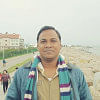
 For all latest news, follow The Daily Star's Google News channel.
For all latest news, follow The Daily Star's Google News channel. 

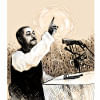

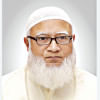
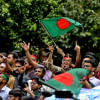
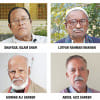


Comments